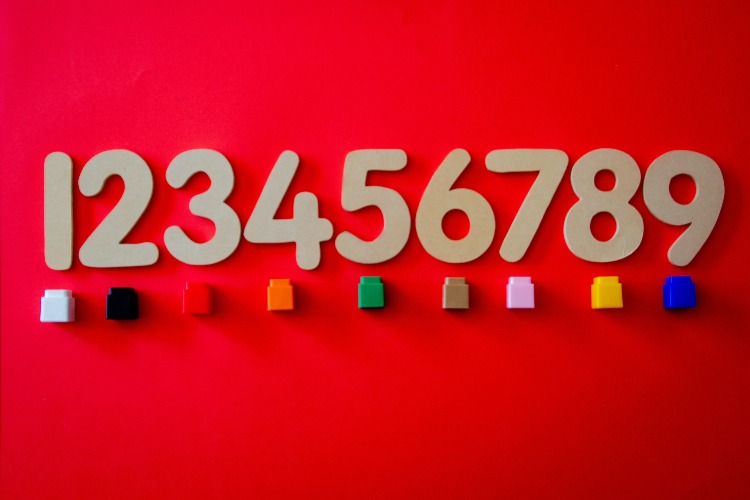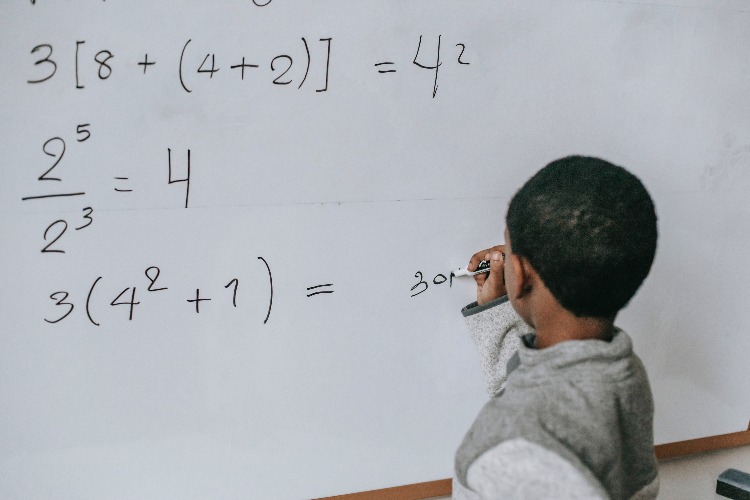Do Children Need Math In 2022?
Math is a core subject that every kid starts studying in elementary school. Unfortunately, kids and adults find the subject challenging and may even develop math apathy and anxiety. As a result, parents now rely on online math classes to support their children’s conventional classroom learning.
It’s 2022, and there are numerous technologies like calculators and math notation tools that assist in performing computations. So, it isn’t surprising that parents often ask, “Do my children still need math in 2022?” Yes, kids need math in 2022, and this article will give eight reasons why.

Math helps kids have a sense of time
The ability to control one’s schedule is essential in determining workplace success. Everybody needs time management skills to be strategic and have more control over their daily affairs. With math, kids can understand and estimate how long it takes to finish a task.
When kids learn how to regulate their daily activities, they easily manage time and develop routines. For instance, kids may realize how much time it takes to get to school and plan the best time to wake up in the morning so they can catch the school bus.
Math makes children better problem solvers
Mathematics for kids can help children become better problem solvers. Being able to reason and think critically are two skills that every kid needs to analyze their surroundings. When kids solve math problems, they understand that nothing comes easy and they need to try hard to get the right solution.
While solving math problems, kids also discover that there are always different methods to getting correct answers. Thus, they learn how to think outside the box.

Kids can learn to budget better
When kids learn math early, they will be able to manage their finances better. Knowledge of math allows understanding how much money kids need to buy a new toy and how many coins they should put in their piggy bank if the current amount is insufficient.
When kids become adults, they understand the amount of work they should handle to afford their bills. Also, they’re better able to calculate interest and investment returns when needed.
Knowledge of math ensures better career choices
Math is used in some form or another in every industry and occupation as everything on earth relies on mathematics. As children learn math while young, they develop a sturdy math foundation and proceed to understand more complex concepts.
When children have a solid understanding of math, they can move on to excel in their chosen careers, whether as artists, engineers, carpenters, accountants, or finance managers. It would be wrong for a child to lose a dream job because they haven’t been learning math properly.

Math exercises brains
A study by The University of Oxford showed that lack of math negatively affected adolescents. As children learn math, they can hone their ability to do mental tasks. They can exercise their brains by applying an intuitive grasp of numbers to a situation. The brain improves with exercise. So, studying the subject is vital for everybody.
Doing math is a great way to keep a kid’s mind active and alert. By understanding math, kids can learn the mind not only to calculate but also to develop analytical reasoning. Children who excel in math can consistently activate specific brain parts.
Kids may apply math to real-life situations
Children need math to handle their daily activities since it is a subject they can apply to real-life situations. These activities include counting, sorting colors, and saving up for their favorite toys. Involving a young child’s innate intellectual curiosity in math at an early age encourages them to explore and understand their surroundings.
Kids need math to keep tabs on the happenings in their daily lives. Getting an item from grocery stores and traveling long distances are regular activities for adults. When children learn math, they get to apply math to real situations when they are older. Also, they can do simple activities like measuring the distance to school or calculating the amount of flour they need for their cookies.

With math, kids can develop cognitive skills
Cognitive skills allow kids to make better life choices. The same brain areas that help with mathematics are engaged in decision-making and attention processes. Understanding math helps kids make connections, develop their capacity for reasoning, and learn how to question the world around them. And the ability to reason mathematically is a sign of mental growth.
Learning mathematics can improve general cognitive skills by honing abilities like logical reasoning and recognizing patterns and sequences. All aspects of a child’s life can benefit from these abilities since math has a domino effect. As kids age, these abilities get cemented and they can have a better shot in the real world.
Math helps boost a kid’s self-esteem
Learning and understanding math boosts children’s self-esteem. Math allows kids to understand how mistakes can shape their path. Students confident in their mathematical abilities take calculated chances, knowing they can always seek alternatives if one method fails.
Children learn and develop when faced with obstacles and possibly make mistakes at the fastest rates.
When learning math, kids recognize their mistakes as chances to grow. They are more inclined to push themselves to solve complex mathematical problems, thus improving their comfort and competence. With time, they keep working on themselves and develop a confidence that helps them overcome the fear of making errors.

Math is an essential subject that everybody needs in their daily activities. Even with the high rise in the number of assistive technology, every child needs to know math and perform basic computations. As kids grow older, math can help them make stable career choices and excel in business.
Understandably, the subject can prove sometimes challenging if you do not have the proper foundation. By encouraging your child to learn math, you allow them to benefit more from the list above.
WE SAID THIS: Don’t miss…A Closer Look Into Egypt’s Educational Systems
